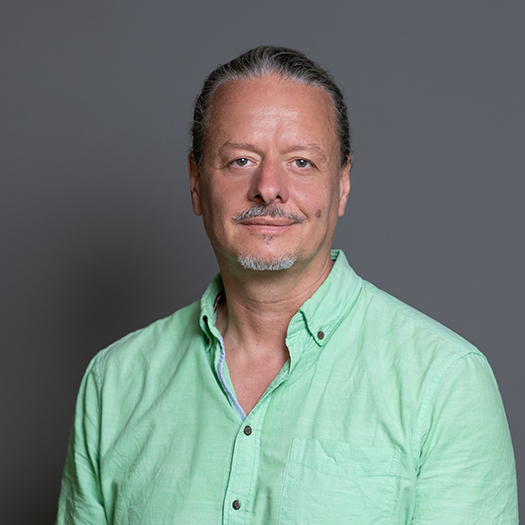High-Tech Start-ups in Germany
High-Tech Start-ups in Germany
This project continued work started under the project "High-Tech Start-Ups in Germany", which was conducted by the ZEW in 2006 at the request of the economics magazine “impulse“ (published by Gruner + Jahr Wirtschaftspresse). This study fitted within the framework of the ZEW High-Tech Start-Up Panel, which has been built up on the basis of a telephone survey of newly-founded high-tech firms in Germany. The survey involves regularly contacting a sample of young companies and analysing their responses. In terms of content, the survey design drews on the questionnaire used in the previous study mentioned above. In addition to the firms contacted in 2006, which was again been surveyed as part of this project, we contacted a further 2000 newly-founded firms.The project consisted of two modules:1. Investigating the number of company start-ups in the high-tech sector in Germany and how this number is developing. Particular attention has been paid to manufacturers of informa-tion and communication technologies (ICT) and software:The ZEW Foundation Panel has been used to investigate high-tech start-ups. Key criteria to be considered were the number of these start-ups, the share of all start-ups which are high-tech and their quantitative development over time. In the case of manufacturing, this means ob-serving the high-tech sectors of high-quality technology and cutting-edge technology. In the service sector, technology-intensive services are the object of study. The development of start-ups in these industries has been compared with that in other sectors of the economy (non-technological manufacturing, other firm-related and consumer services) and with the average development in all sectors. The analysis has been conducted for the period 1995-2005 for the whole of Germany. In addition, nowcasting methods has been used to estimate the develop-ment of start-up activities in 2006.2. Analysing two key themes on the basis of a telephone survey of high-tech start-ups in Germany:a) Vertical integration and outsourced business functionsThis theme centres on investigating the decisions made by newly-founded high-tech compa-nies to seek external support for certain business functions. Research has been conducted from two angles: firstly the type and extent of functions that are outsourced and secondly the mo-tives for a company to outsource particular tasks. The study also looked into the question of whether, during a company’s first years of existence, there is an observable trend to increase the insourcing of tasks that were initially contracted out.b) Patterns in the financing of young high-tech companiesThe second key theme involved testing a model life-cycle of how financing is structured (early phase: predominantly own funds, late phase: predominantly outside finance). This has been done by asking the companies in detail what type and amount of financing they received in the previous year. As well as the type of financing, a distinction has been made according to the provider of funds. Questions have also been asked about difficulties that may have arisen in the financing process. Using the sample, which contains firms founded between 1998 and 2006, we have been able to analyse typical financial models used, and problems encountered, by young high-tech companies during the various phases of development in their early years in business.



